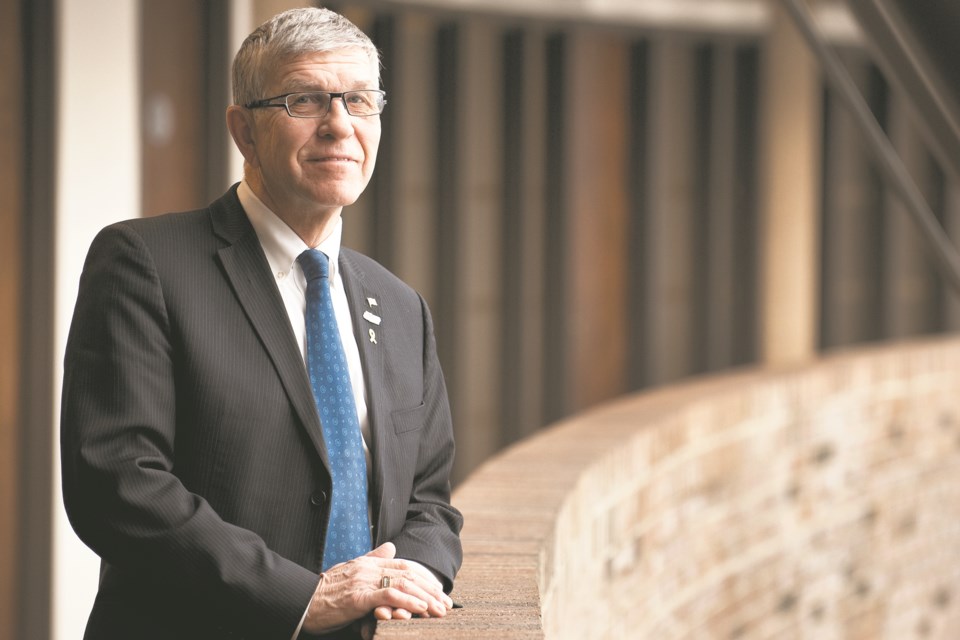One of the earliest publications that could be described as daily news was in Rome around 69 BC. It was a primitive news “sheet” called Acta Diurna (acts of the day) used to outline the activities of the Roman Senate, developed by the Roman Senate spin doctors.
The modern newspaper is a European invention, and their news sheets began in Venice in 1566. Weekly news was information on wars and politics in Italy and Europe to assist the pubic in understanding the political decisions and circulated by the government. The first printed newspapers, published weekly in Germany from 1609, were censored by the government.
For 350 years citizens learned about politics and voted for their elected officials based a lot on what the local newspapers had to share about their politicians (some from the spin doctors and some done by hard-working journalists). Then came radio, television, Internet and therefore the ability grew for anyone to get news and opinions. Today it seems anyone can claim to be a journalist plus, more and more, the “official news” is becoming prepared or “cooked.”
Provincial party whips and premiers tell their MLAs how to vote. Anyone speaking or voting independently faces removal from caucus or cabinet. This is to create one single message.
For municipalities, one single message is being created because mayors and reeves are obligated to speak as one on behalf of their councils. And now, something new, municipal code of conduct bylaws, threaten anyone with sanctions if they speak independently of a council decision and may even face “sanctioning.”
Closed sessions (behind closed doors by all orders of government) often result in vague, generalized messages to the public permitted only to be delivered by one spokesperson. Provincial premiers and municipal codes of conduct demand there be one single message. Freedom of information legislation adds another layer of challenge in obtaining more detail. While newspapers were always subjected to the whims of governments, a spin doctor, or a spokesperson, reporting is now at a critical stage in Alberta.
For example, when it comes to trying to decide who to vote for in Alberta’s municipal elections, local newspapers throughout Alberta have not been privy to the real news, nor the background of each of their council members’ opinions. Journalists (short on supply and time) are reporting (or must report) based on the “spin” they have been provided. Real journalists are fewer, news provided is baked, and the public cannot obtain the news they need to make an informed decision on who to vote for.
For all orders of government, it has become increasingly difficult to know who to vote for when the matters of public interest have been kept behind closed doors or the matters have been cooked by the spin doctors and when it is only reported by one official spokesperson and made worse when it is not reported by a newspaper. The public is often told to “check the website, follow us on Twitter, or tune in to Facebook.”
Canada’s democracy is in question for all orders of government; trust in politicians is at an all-time low; and the various sides of a story are no longer attainable.
Just when we need the truth to help us decide who to vote for, most Albertans have been given little access to the unfiltered information.
Nolan Crouse is a former St. Albert mayor.


